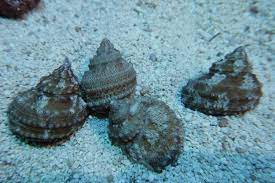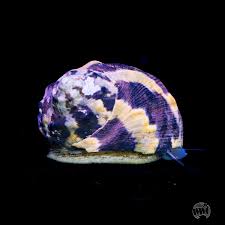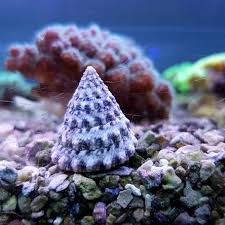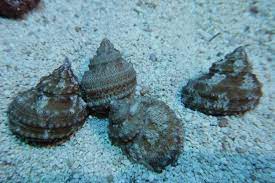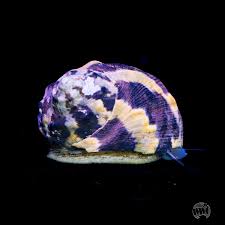Turbo Snail
Turbo Snail
check_circle Fast Shipping
check_circle Quality Products
check_circle Affordable Price
Reach out to us on ''available to order'' items via WhatsApp or email
24 in stock
Couldn't load pickup availability
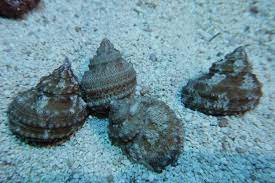
Turbo Snail
package_2
Product Description
Product Description
Turbo snails (commonly Turbo fluctuosa, often called "Mexican Turbo snails") are popular marine aquarium snails known for their algae-eating abilities and distinctive spiral-shaped, often iridescent shells. Here's a comprehensive care and description guide:
🔍 Description
-
Common Name: Turbo Snail
-
Scientific Name: Turbo fluctuosa
-
Origin: Eastern Pacific (e.g., Baja California, Mexico)
-
Size: 1–2 inches (2.5–5 cm)
-
Lifespan: 1–3 years (with proper care)
-
Color: Shell ranges from greenish to brown with iridescent interior; body is usually gray or black
🐌 Behavior and Temperament
-
Peaceful and reef-safe
-
Active algae grazers—excellent for cleaning live rock and glass
-
Can be clumsy and knock over unsecured corals or decorations
-
Nocturnal tendencies, though often active during the day too
🧪 Tank Requirements
-
Tank Size: Minimum 10 gallons per snail (larger is better)
-
Temperature: 72–78°F (22–25.5°C)
-
Salinity: 1.023–1.025 specific gravity
-
pH: 8.1–8.4
-
dKH (Alkalinity): 8–12
-
Calcium: 400–450 ppm (important for shell health)
-
Ammonia/Nitrite: 0 ppm
-
Nitrate: < 20 ppm
🧼 Diet and Feeding
-
Primarily feeds on algae: film algae, diatoms, and some types of hair algae
-
Supplement with:
-
Nori (dried seaweed)
-
Algae wafers
-
Blanched vegetables (e.g., zucchini or spinach)
-
-
If algae is scarce in the tank, they must be supplemented or they may starve
⚠️ Care Tips and Cautions
-
Acclimation: Use a slow drip acclimation (1–2 hours) to prevent shock due to salinity differences
-
Flip Risk: If flipped over, they often can't right themselves—check and flip manually if needed
-
Copper Sensitivity: Avoid copper-based medications; they're toxic to invertebrates
-
Shell Health: Ensure adequate calcium and stable water parameters to prevent shell erosion
✅ Good Tankmates
-
Other peaceful snails (Nassarius, Trochus, Cerith)
-
Hermit crabs (be cautious, some may try to steal shells)
-
Shrimp, clownfish, gobies, and most reef-safe fish
-
Avoid aggressive crabs or fish that might nip or prey on them
